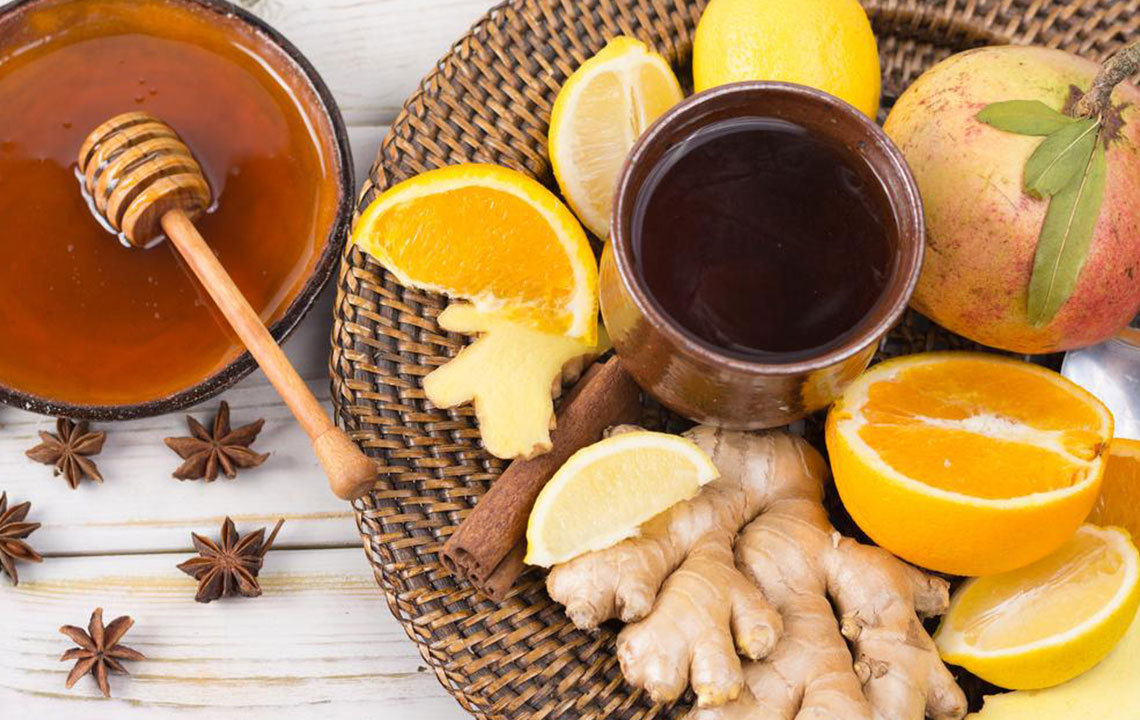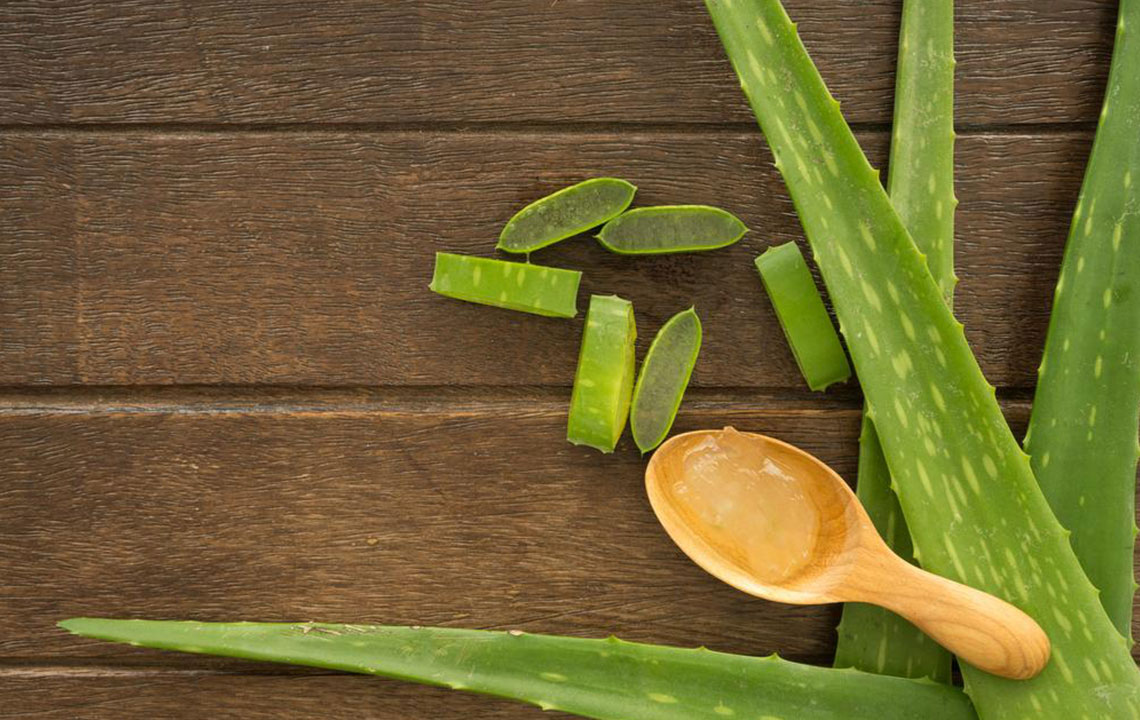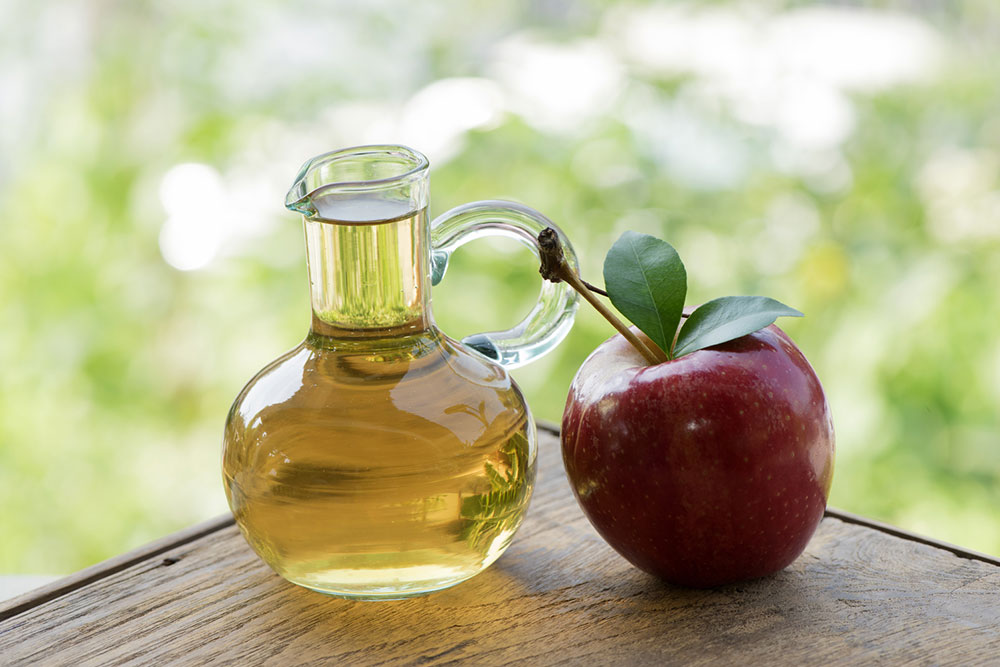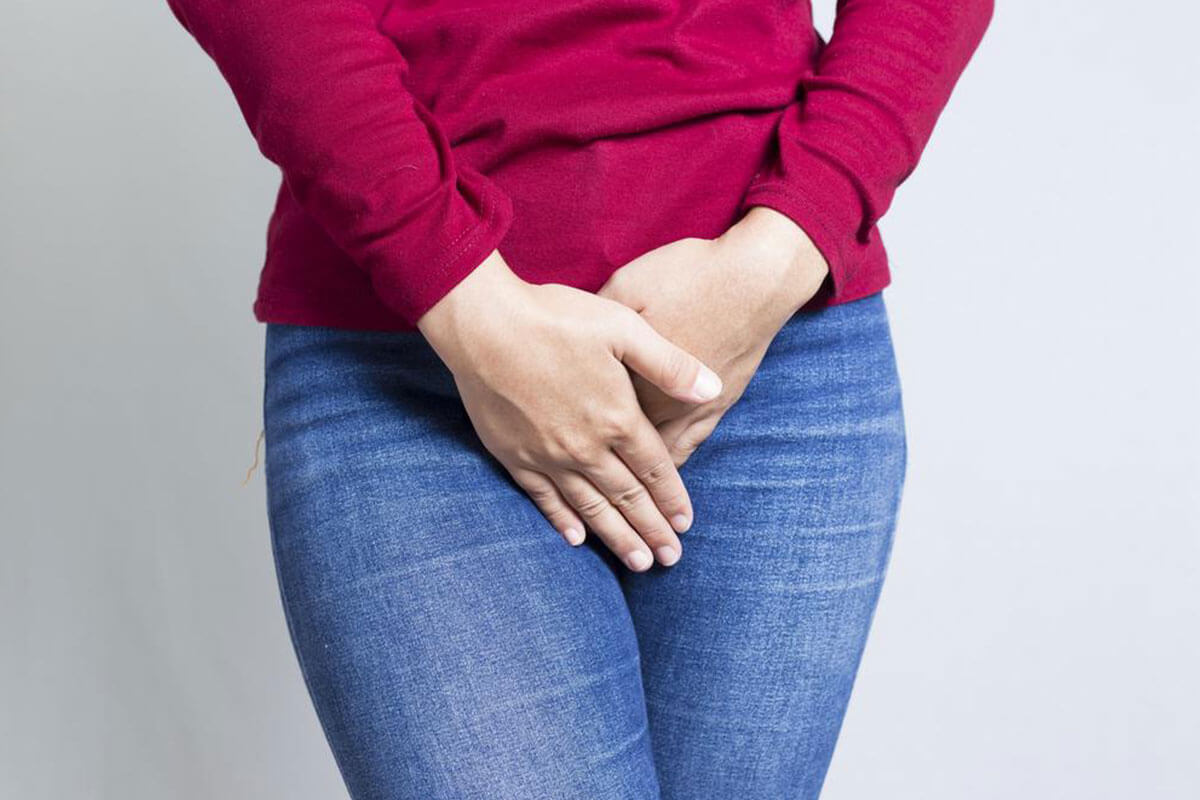Comprehensive Guide to Natural Remedies for Managing Enlarged Prostate
This comprehensive guide explores natural remedies and lifestyle adjustments for managing enlarged prostate (BPH). It details symptoms, conventional treatments, herbal options like pumpkin seeds and saw palmetto, and practical lifestyle tips. The article emphasizes holistic care to improve urinary symptoms and overall prostate health, suitable for men seeking safer, natural solutions to manage BPH effectively. Learn how dietary changes, herbal supplements, and exercise can work together for optimal health outcomes.

Comprehensive Guide to Natural Remedies for Managing Enlarged Prostate
The prostate gland, a small but vital organ in the male reproductive system, encircles the urethra just below the bladder. As men age, prostate health issues become increasingly common, affecting quality of life and overall well-being. Among these concerns, benign prostatic hyperplasia (BPH), or non-cancerous prostate enlargement, stands out as a prevalent condition. Understanding how to manage and treat BPH naturally can significantly improve symptoms and prevent complications.
The prostate's primary function is to produce fluid that forms part of semen, which helps nourish and transport sperm. As men get older, the prostate tends to grow larger due to an increase in cell number, mainly in a benign manner. While not life-threatening, this enlargement can cause bothersome urinary issues that impair daily activities and comfort. Therefore, exploring natural remedies that support prostate health is essential for many men seeking safer, holistic solutions.
Although benign prostatic hyperplasia is generally a non-life-threatening condition, it can lead to significant discomfort if left untreated. Fortunately, symptoms can be managed effectively through a combination of lifestyle modifications, medications, and herbal therapies. The key to successful management involves a holistic approach that addresses underlying causes and alleviates symptoms, thereby improving quality of life.
Recognizing the Signs of Prostate Enlargement
The prostate is situated behind the urethra and underneath the bladder. When enlarged, it exerts pressure on the urethra, leading to a range of urinary symptoms. Recognizing these symptoms early allows for timely intervention and effective management.
Common Symptoms Include:
Frequent urges to urinate, especially at night
Difficulty initiating urination
Feeling of incomplete bladder emptying
Weak or interrupted urine stream
Involuntary urine leakage or dribbling
Urine flow that stops and starts
If these symptoms become progressive or severe, it's crucial to seek medical advice to prevent potential complications such as urinary tract infections, bladder stones, or kidney problems.
Effective management of prostate enlargement involves a multifaceted approach. Combining conventional medications with herbal and natural therapies can lead to better symptom control and overall health improvement. For mild cases, herbal remedies may serve as both primary and supplementary treatments, offering fewer side effects and enhanced comfort.
Conventional and Herbal Treatment Strategies
Combining pharmaceutical options with lifestyle changes and herbal supplements offers comprehensive care. Herbal remedies are especially valued for their natural origin, mild efficacy, and minimal side effects, making them suitable for many men with early or moderate symptoms.
Medications for BPH
Pharmacological treatment often involves alpha blockers such as tamsulosin, which relax the smooth muscle tissue in the prostate and bladder neck, relieving urinary obstruction. Another class includes 5-alpha reductase inhibitors like finasteride, which reduce the size of the prostate by decreasing dihydrotestosterone levels. Side effects of these medications may include low blood pressure, sexual dysfunction, and decreased libido, making natural options attractive for some patients.
Natural and Herbal Remedies for Prostate Health
Herbal solutions have been used for centuries in traditional medicine and are gaining recognition for their potential to support prostate health. When used appropriately, these remedies can help alleviate mild to moderate BPH symptoms or complement conventional treatments:
Pumpkin Seeds: Rich in phytosterols, pumpkin seeds are known for their potential to support prostate health by reducing inflammation and promoting bladder function.
Watermelon Seeds: Boiled watermelon seeds can be prepared into a nourishing tea believed to aid urination and reduce prostate swelling.
Cornsilk: The silky thread from corn cobs acts as a natural diuretic. Consuming boiled fresh cornsilk can help relax urinary muscles and facilitate urination.
Apple Cider Vinegar: Known for its antimicrobial and anti-inflammatory properties, diluted apple cider vinegar can help shrink prostate tissue and prevent infections. It can be consumed with honey or water for added benefits.
Tomatoes: Rich in lycopene, tomatoes are associated with reduced prostate symptoms and can help lower pressure on the bladder. Including tomatoes in the diet is recommended for prostate health.
Stinging Nettle: Traditionally used in herbal medicine, stinging nettle leaves are believed to reduce prostate size and alleviate urinary issues. Capsules or teas are common forms of consumption.
Saw Palmetto: One of the most popular herbal remedies, saw palmetto berries are used to control urinary symptoms, reduce prostate inflammation, and improve urinary flow.
Rye Grass Pollen: This supplement is used to help reduce urinary frequency and improve bladder control in men with BPH.
Pygeum: An extract from African plum bark, Pygeum has shown efficacy in reducing urinary urgency, nocturia, and inflammation associated with prostate enlargement.
Epsom Salt Baths: Alternating hot and cold baths with Epsom salts can help reduce swelling and discomfort in the prostate area.
Vitamin C: As an antioxidant, Vitamin C boosts immune function and may lower the risk of prostate complications while promoting overall prostate health.
Beta-Sitosterol: Plant sterols found in nuts, seeds, and vegetables that support urinary flow and inhibit prostate cell proliferation.
Lifestyle Modifications for Optimal Prostate Health
In addition to herbal remedies, lifestyle changes play a crucial role in managing BPH. Regular exercise, particularly pelvic floor strengthening exercises such as Kegel workouts, can improve bladder control and reduce symptoms. Dietary adjustments, such as reducing caffeine, alcohol, and artificial sweeteners, help minimize prostate irritation.
Limiting fluid intake before bedtime reduces nocturia, while decreasing red meat consumption and increasing intake of dietary fiber and zinc can promote prostate health. Maintaining a healthy weight and avoiding smoking further enhance overall well-being and reduce inflammation. Combining these lifestyle practices with herbal support results in a comprehensive approach to managing benign prostatic hyperplasia effectively.





